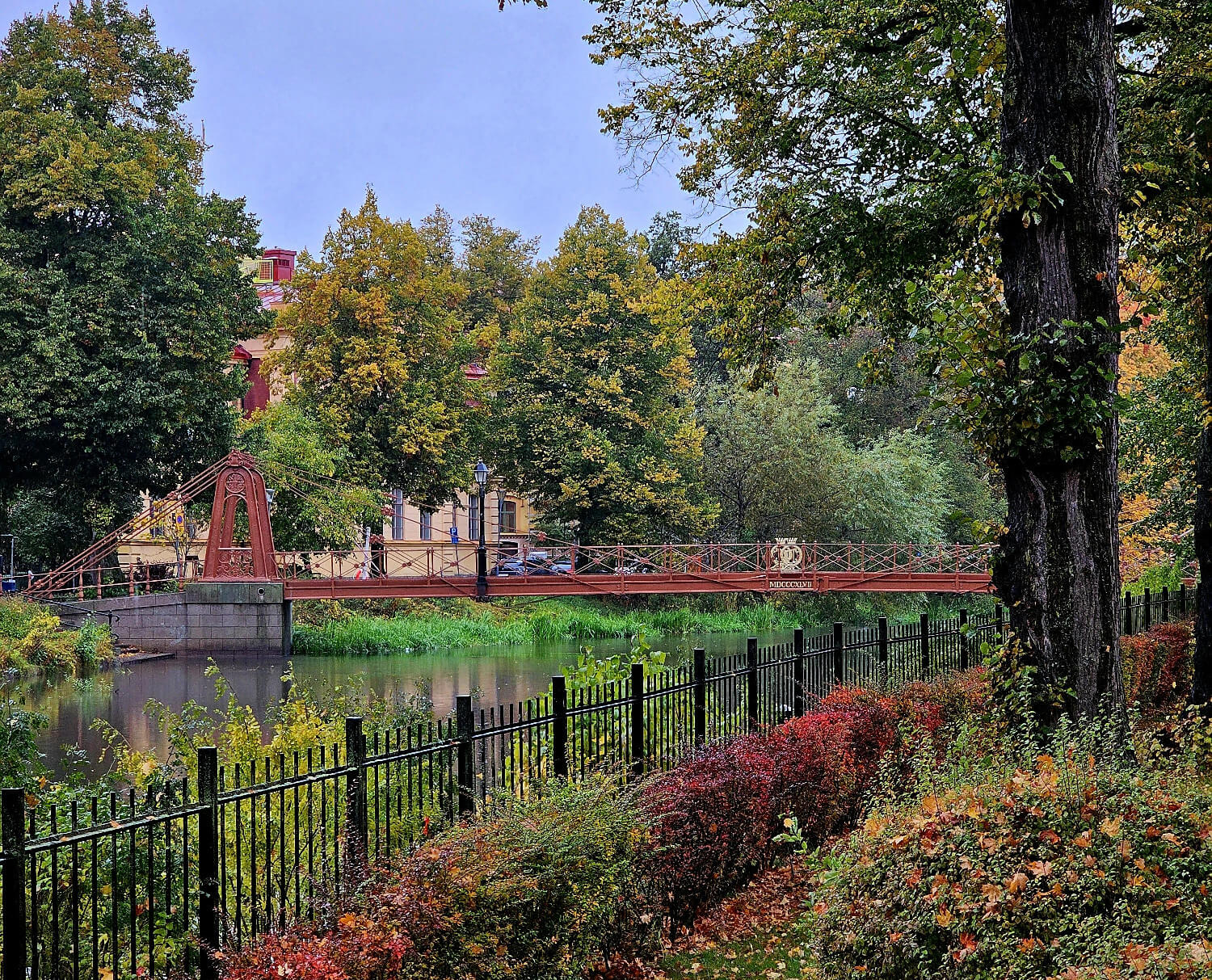Home – Case Studies – Conducting Life Cycle Assessments of Garden Cities for TMF
Conducting Life Cycle Assessments of Garden Cities for TMF

Home – Case Studies – Conducting Life Cycle Assessments of Garden Cities for TMF

The dense, compact city model has long been considered the ideal design that creates environmentally sustainable cities. TMF wanted to understand how so-called garden cities performed from both a social and environmental sustainability aspect compared to these denser city models.
The definition of a garden city has its origin in Ebenezer Howard description of garden cities from 1898. Howard described the garden city as ”A combination of the advantages of the most energetic and active town life, with all the beauty and delight of the country”.
Our study showed that garden cities are in several respects more sustainable than dense, compact cities – from a climate, environmental and socio-economic perspective.
Discover how Anthesis can support your sustainability ambitions.
Anthesis performed a detailed Life Cycle Assessment (LCA) of the Greenhouse Gas Emissions associated with the buildings, green areas and parking spaces for three representative garden cities and three compact city models in Sweden. In addition, we undertook a survey study of over 1000 people in relation to the socioeconomic value of the ecosystem services for the two scenarios as established for the LCA.
The study showed that garden cities are more sustainable than dense, compact cities from a climate, environmental and socio-economic perspective and that garden cities have a lower climate impact – both in total and per capita from housing and transport infrastructure. In summary the results suggested:
The conclusion is that we must change how we plan and build our cities and communities, and make more room for garden cities because they contribute to increased sustainability while delivering the type of housing that most people in Sweden want to live in.
The detailed assessments that formed part of the project will enable the client to drive the development of garden cities with a clear understanding of its social and environmental value.

We’d love to hear from you
We are the world’s leading purpose driven, digitally enabled, science-based activator. And always welcome inquiries and partnerships to drive positive change together.